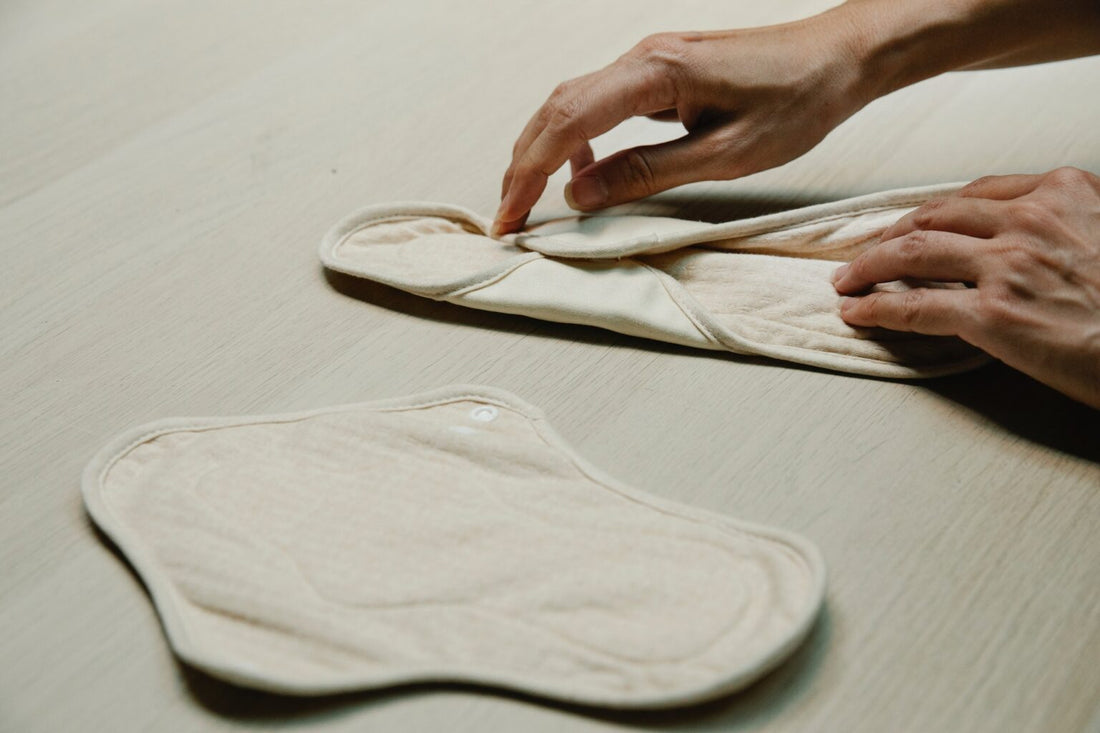Urinary leakage is a very common problem that involves the involuntary leakage of urine between toilet visits. Not only does urinary incontinence tend to be an inconvenience in everyday life, it also tends to cost money, can cause bad odour, skin problems around and in the genital area and contribute to a lot of waste. There are a lot of alternatives and innovations to make bladder leaks easier. In this article, we find out how sustainable these options are.
Disposable options
Female incontinence pads are one of the most common forms of protection. Not only are they expensive, they also need to be replaced several times a day, contributing to a lot of waste. Women with urinary leakage use an average of 1460 pads per year, creating 29 kg of waste per year. On top of that, disposable pads are often made of plastic materials and microplastics that can harm the environment. Bladder supports that can be used once or twice are another option if you suffer from stress urinary incontinence - involuntary leakage of urine when you exercise, sneeze or laugh, for example. These can help with the leakage but also create a lot of waste.
Reusable options
More eco-friendly incontinence products include reusable incontinence pads and absorbent incontinence underwear. These options are all reusable and therefore save waste. Washable cloth incontinence pads and anti-leakage briefs are washable, used like disposable pads, but are kinder to the skin as they are made from materials that allow the skin to breathe. Cloth pads and incontinence briefs can be used for several years, thus saving waste.
An even more eco-friendly incontinence product is Efemia Bladder Support, which reduces bladder leaks due to stress urinary incontinence. The bladder support is completely plastic-free and made of silicone, a responsible material. It can be used for 16 consecutive hours per day for three months. As the support reduces urine leakage, the corrosive properties of urine do not affect the sensitive skin of your lower abdomen. After use, the bladder support only needs to be washed with a little water, thus avoiding the creation of a large pile of rubbish. Replacing disposable pads with Efemia Bladder Support reduces the carbon footprint by about 98 times. Quite simply, an effective incontinence product that is kinder to both you and nature. Want to know more about Efemia Bladder Support? Click here!

